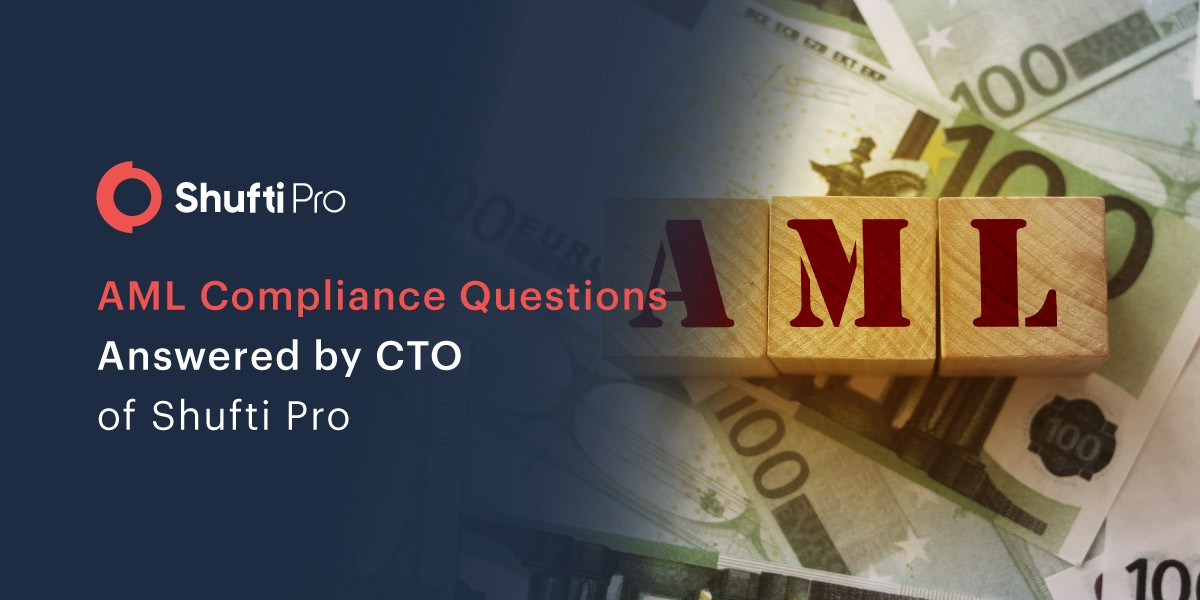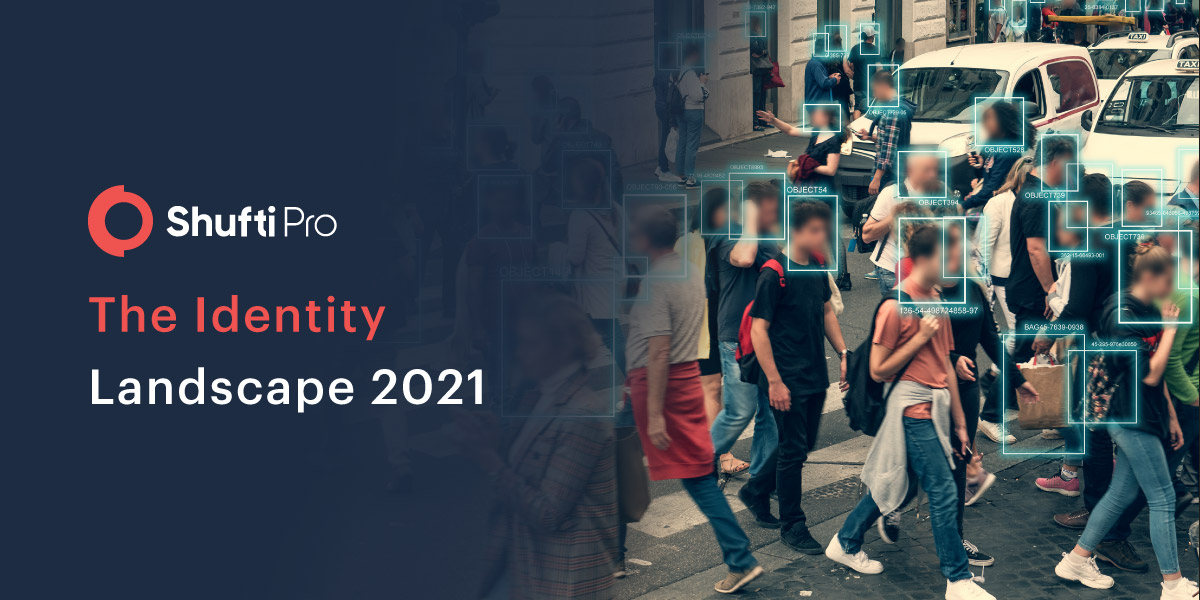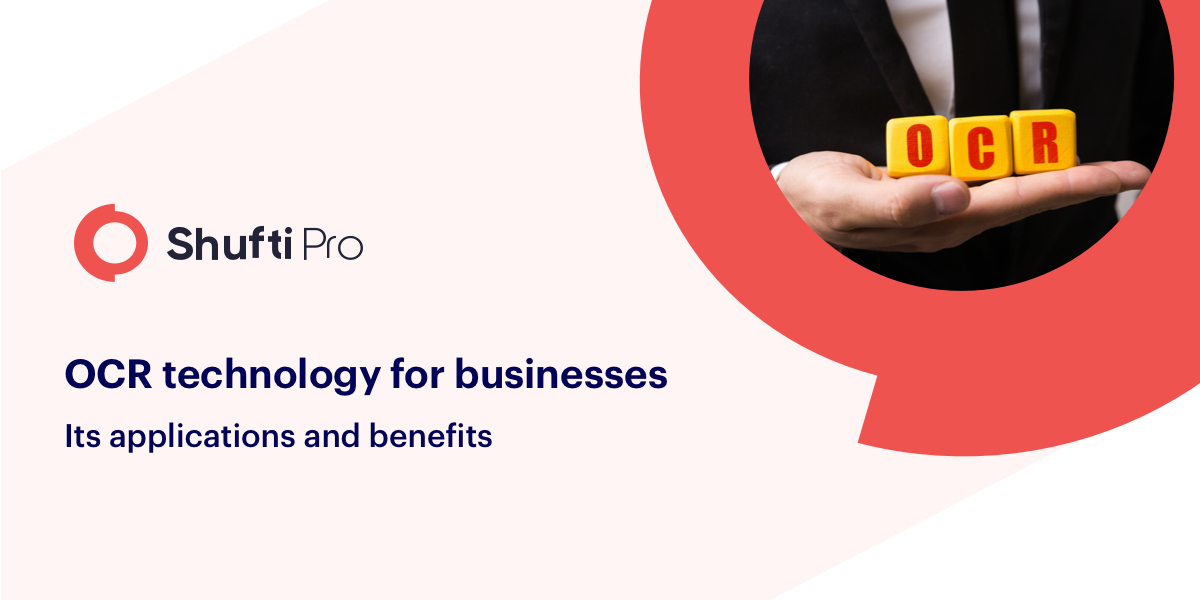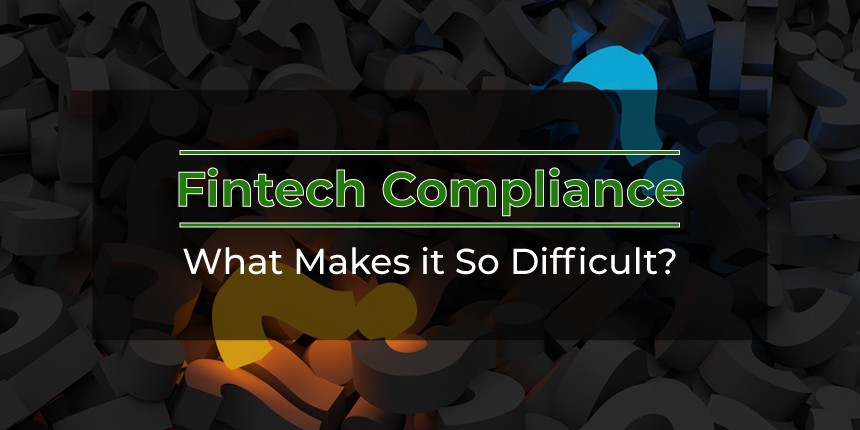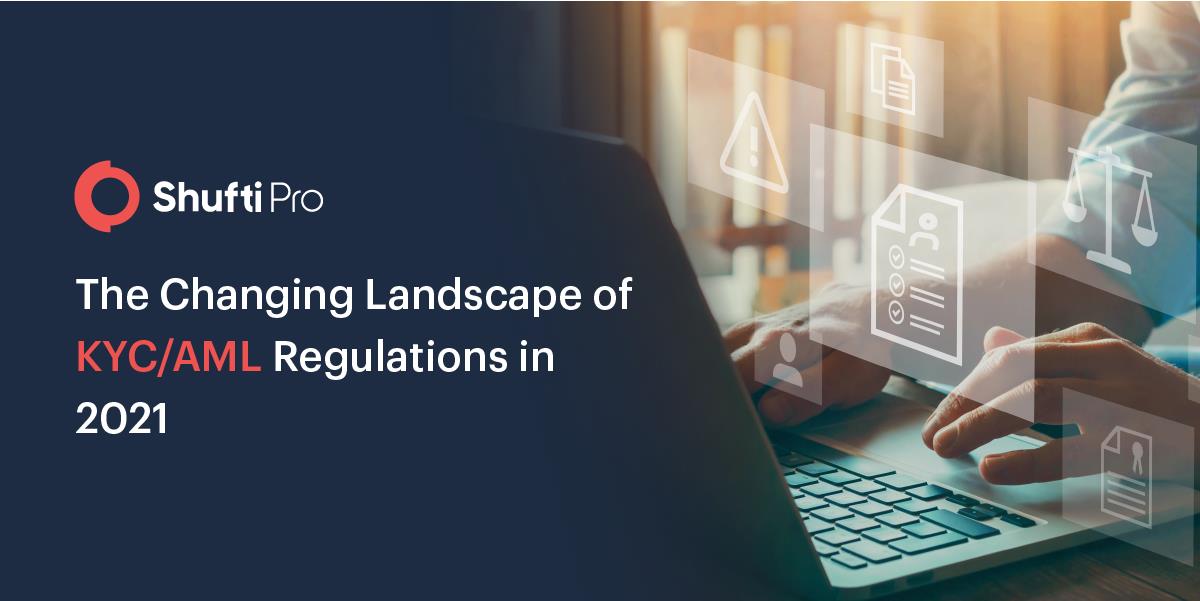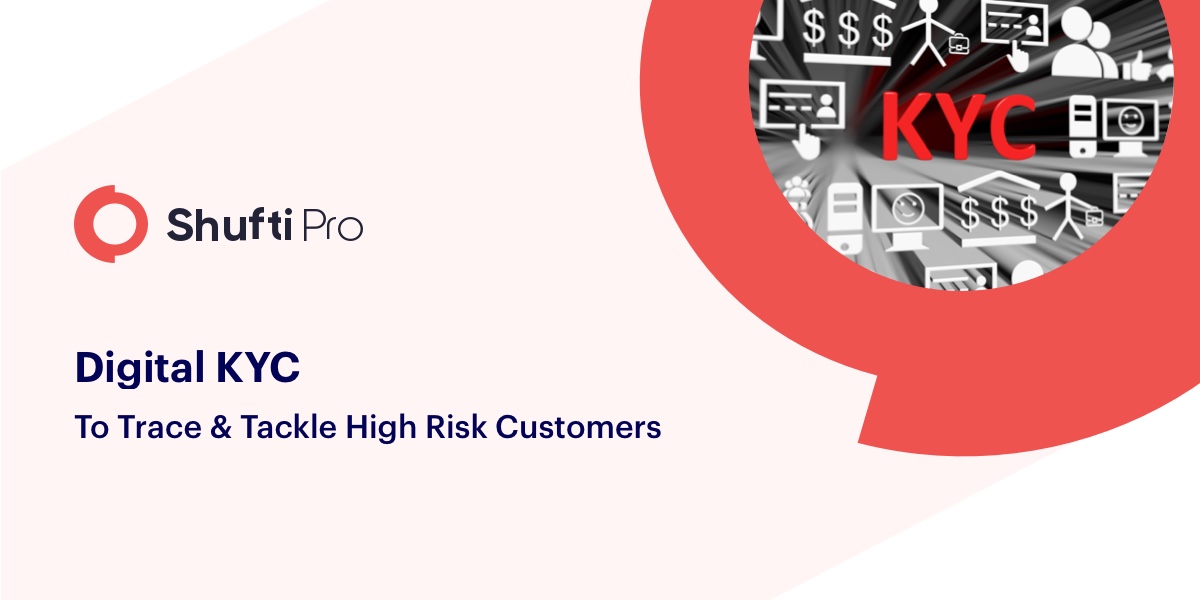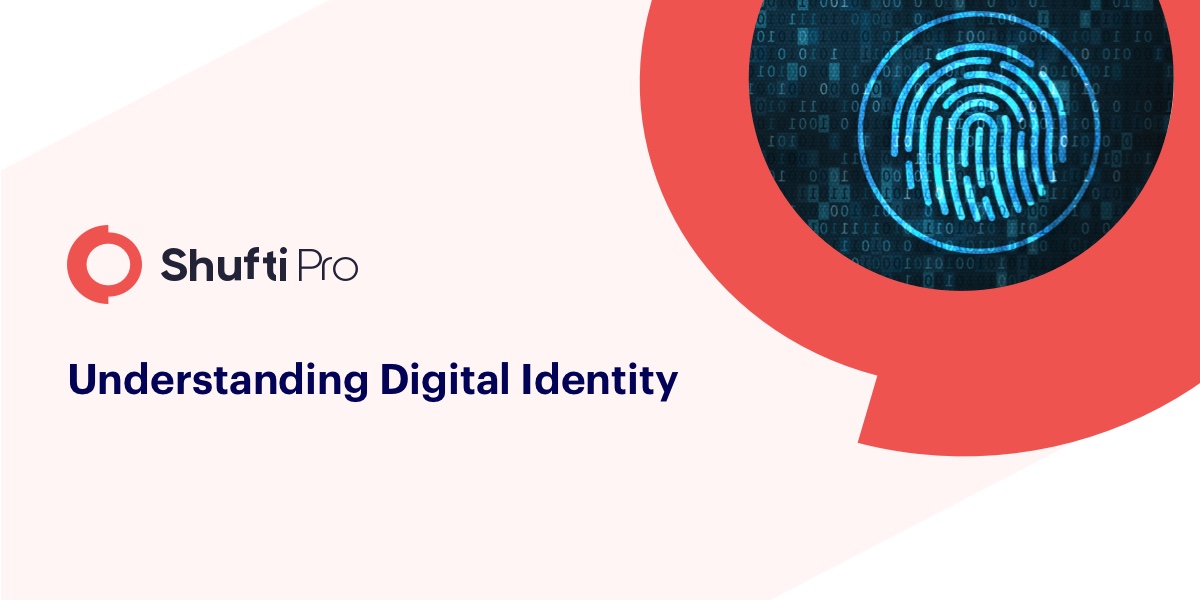Addressing Regulatory Compliance in Online Gambling with Effective AML Screening

The internet is a key risk element for gambling because it gives the user a sense of obscurity, thus enhancing the chances of a winning big. Online gambling is considered to have effortless availability and more persistent favourable outcomes. As a result of these contributing factors, online gambling greatly exposes operators to financial crime and fraud.
Online gambling provides a suitable platform for money launderers to clean their dirty money. Internet gambling has the perspective of bringing about a lot of data regarding players’ gambling behaviour. It is essential for gambling operators to implement AML controls to steer clear of financial crime.
For instance, France has adopted a method of synchronizing regulatory requirements in online gambling platforms. Identity verification is required before opening up a gambling account because multiple payment methods expose the gambling sector to financial fraud.
Casinos – A Soaring Target for Money Launderers
Legalising casinos and gambling activities has caused expansion in new markets and created record-breaking revenues, reaching 261 billion dollars in the US only. This growth attracts the attention of not only real gambling enthusiasts but also money launderers looking to clean their dirty money. The extent to which these criminals can exploit the gambling sector is beyond revelation, especially in countries with poor AML measures. The standard methods to launder the actual money varies from simple to sophisticated.
Cash-in, Cash-out: The most favourable way of laundering money is to simply transform dirty money into chips, gamble for a short while, then cash the money out clean. The Cash-in, Cash-out model of gambling may divide the money into compact betting accounts or ask to transfer the gambled money to another jurisdiction governed by an alternate authority.
The Vancouver Model: A more sophisticated variant of the cash-in, cash-out strategy is the Vancouver Model, where some characteristics of the Hawala money laundering method can be seen. Hawala is known to be the ideal system for money laundering as it provides anonymous transactions where there is no record of money transfers.
Buying Winnings: Criminals may also buy another player’s winnings by offering them a higher price for their gains than their earnings to clean their dirty money. For instance, in Australia, several people were arrested for approaching lottery winners and offering them premium cash for their winnings.
Collusion Between Players: Another tactic outlined in the FATF’s guidelines on vulnerabilities of the global gambling sector is intentional losses. Proceeds of crime are brought to online casinos and lost consciously by money launderers. This method allows financial criminals to escape AML scrutiny and puts the casino at risk of regulatory penalties.
Money Laundering Risks in the Gambling Sector
Casinos that do not act in accordance with AML programs for monitoring transactions are at higher risk of fines. When implemented in the right way, AML controls restrict criminals from exchanging their proceeds of crime for clean cash. As there is no standardised implementation of AML regulations by the gambling sector, the casinos are facing groundbreaking penalties. Various authorities in the UK are supposed to implement necessary AML solutions to avoid exploitation in the gambling sector. Back in 2020, guidelines about AML compliance in the gambling sector were announced by FinCEN (Financial Crimes Enforcement Network).
Sports Betting: Sports activities are earmarked by criminals for money laundering in a lot of ways due to the absence of regulation. Sports like horse racing, kickboxing, wrestling, etc are high-ranked opportunities for criminals to wash cash or turn cash into other assets, successfully laundering money.
Lottery Games: Although it is difficult to launder money through the lottery, it still poses the risk of criminal attacks. Verifying the identity of players on gambling platforms and lottery games helps eliminate money laundering, as criminals looking to clean dirty money always avoid such checks.
Slot Machines: Slot machines in casinos are also a source for financial crime. Money laundering becomes much easier when coins are replaced with vouchers. A criminal feeds credit to the machine, plays for a while, and then claims back the remaining money as legal tender.
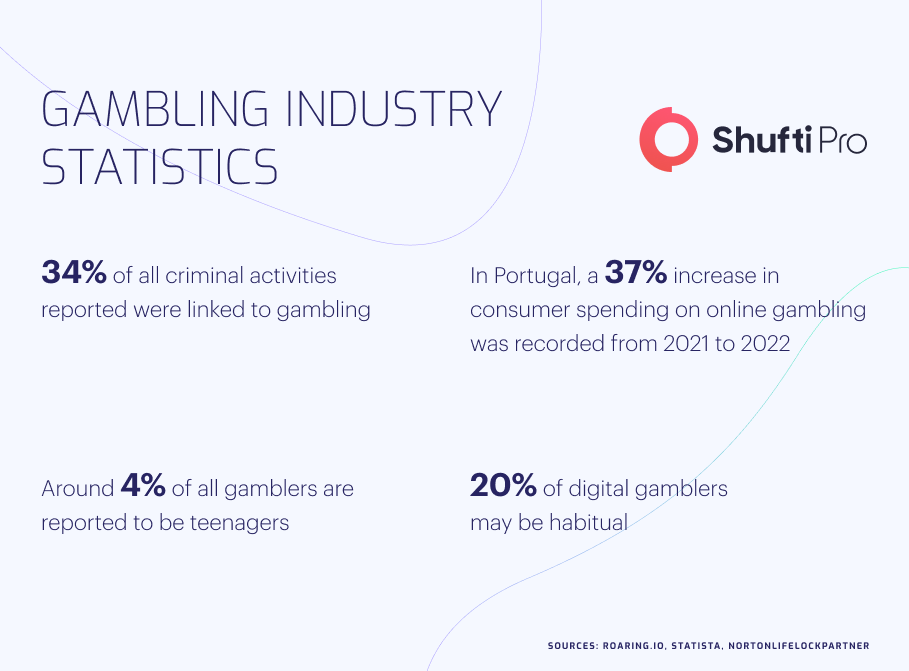
Prime Regulations in the Gambling Sector Globally
Online gambling activities are an essential part of daily practices in the U.S. casino sector. The main objective of gambling regulations is to make sure that players get entertained by the casino games without any threat of money laundering. AGA (American Gaming Association) is responsible for the regulation of gaming and casinos in 34 states as of August 31, 2022.
Responsible Gaming Plan: Both remote and on-site gaming operators grant approval for a broad spectrum plan for addressing gaming issues. The plan includes employee instructions and awareness.
Advertising Restriction: Many authorities are in need of regulating and taking notice of fake gaming advertisements responsible for the deception and targeting of minors.
Time Limits: 25 administrations with remote gaming accounts require operators to figure out a process through which users may self-limit their investments, losses, and gambling time.
Employee Training: Another important regulation that needs to be implemented in the gaming sector is to properly train the employees working on gaming floors to identify players exemplifying troubling or risky behaviour.
Casino Money Laundering – Red Flag Indicators
People related to the casinos in one way or the other should be aware of the red-flag indicators. The Canadian Financial Intelligence Unit recommended a list of money laundering and terrorist financing indicators to assist the gambling sector to detect potential threats and act in accordance with money laundering and TFA regulations. Some of the red flag indicators are:
Identifying the Person: When a person refuses or resists providing his personal information or provides deceiving information while opening a new account should be considered a red flag indicator and potential cause for trouble in the future.
Client Behaviour: When someone exhibits nervous behaviour, conducts transactions at different locations, refuses transaction details, or closes accounts right after the first deposit is suspected to be criminal or fraud in the first place.
Transactions Not Matching User Profile: When the transactional activity seems inconsistent with the user profile such as financial status or occupational data, a client living beyond their resources, or when a large amount of cash is transferred is thought to be suspicious and should be monitored.
Shufti AML Compliance for Casinos
To avoid money laundering in the gambling sector, efficacious Anti-money Laundering solutions should be integrated for secure transactions. Online casinos often fail to prevent money laundering due to weak AML compliance programs. Shufti’s AML Screening solution is the right choice for online gambling platforms to steer clear of regulatory penalties as it offers unmatched accuracy of 99%. The highly configurable solution can be integrated with any business platform in more than 230 countries across the globe.
Would you like to discover more about AML screening solutions for gambling operators and platforms?






























